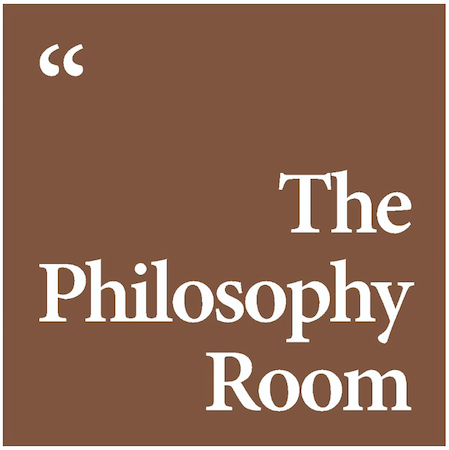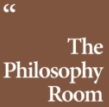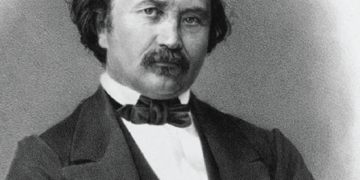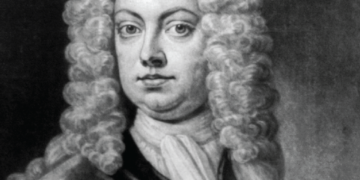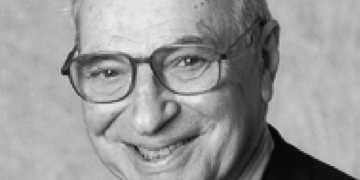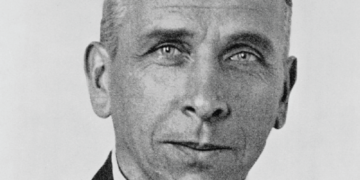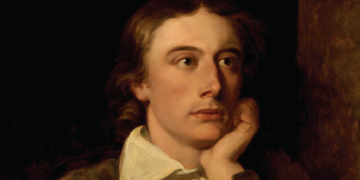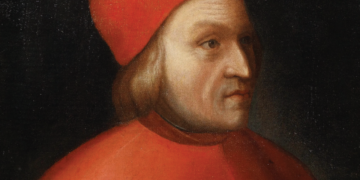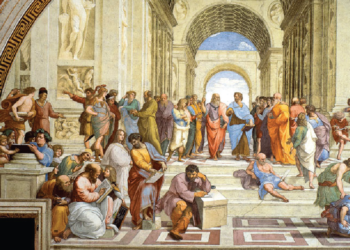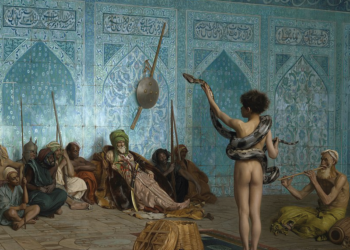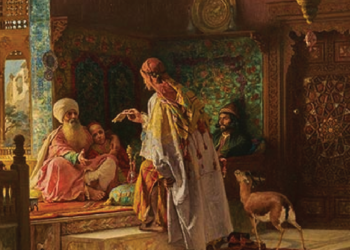Antonio Labriola
1) His Biography
Antonio Labriola, a prominent Italian thinker and philosopher, was born on July 2, 1843, in Cassino, Italy. His life unfolded during a tumultuous period in Italian history, marked by the struggle for unification and the transition from a fragmented collection of states to a unified nation. Labriola’s formative years were deeply influenced by these sociopolitical changes, which would later find resonance in his philosophical works.
Labriola’s early education laid the foundation for his future intellectual pursuits. He attended the prestigious Liceo Ginnasio in Naples, where he displayed an early aptitude for classical studies and philosophy. This period also exposed him to the liberal and republican ideas of his time, fostering a lifelong commitment to the principles of democracy and social justice.
During his academic journey, Labriola became deeply immersed in the philosophical currents of the era. He studied under the guidance of influential figures such as Bertrando Spaventa and Francesco De Sanctis. Their mentorship played a pivotal role in shaping his philosophical outlook. Labriola’s formative years were also marked by his engagement with the works of Karl Marx and Friedrich Engels, whose ideas profoundly influenced his intellectual development.
Labriola’s commitment to socialist and Marxist principles led to his active involvement in political and academic circles. He became a prominent figure within the Italian Workers’ Party and contributed significantly to the dissemination of socialist thought in Italy. His early political activism exposed him to the challenges of advocating for social change in a politically turbulent and often repressive environment.
2) Main Works
Essays on the Materialistic Conception of History (1880):
Labriola’s “Essays on the Materialistic Conception of History” stands as a seminal work in Marxist philosophy. In this work, he engaged with and expanded upon the historical materialism of Karl Marx and Friedrich Engels. Labriola’s contributions to the philosophy of history focused on the dialectical relationship between social and economic forces, offering insights that continue to inform contemporary discussions on historical materialism.
The Concept of the Historical Process and the Science of History (1881):
In this treatise, Labriola delved deeper into the study of historical processes and their scientific analysis. He emphasised the importance of understanding history as a dynamic and evolving field of study, influenced by the broader societal and economic contexts. His work contributed to the development of historical materialism as a rigorous method of historical analysis.
Socialism and Philosophy (1897):
Labriola’s “Socialism and Philosophy” represents a significant departure from traditional Marxist thought. In this work, he explored the relationship between socialism and philosophy, arguing that socialism needed a solid philosophical foundation to be successful. He advocated for a more nuanced and flexible approach to socialist theory, adapting it to the changing social and economic conditions of the time.
Essays on the Crisis and the New Society (1902):
As the title suggests, this collection of essays tackled the pressing issues of the early 20th century, including economic crises and the evolving nature of society. Labriola’s writings in this work reflect his commitment to the idea that socialist thought must adapt and evolve to address contemporary challenges.
The Primacy of Politics (1911):
In his later work, “The Primacy of Politics,” Labriola examined the role of politics in shaping society and the importance of political action in achieving social change. He argued that political activism and engagement were integral to advancing socialist ideals and achieving a more just and equitable society.
3) Main Themes
Historical Materialism:
At the heart of Labriola’s philosophical thought lies the concept of historical materialism, which he developed in close alignment with the ideas of Karl Marx and Friedrich Engels. Labriola believed that the material conditions of society, particularly economic factors, played a pivotal role in shaping historical developments. He argued that understanding these material conditions was essential for comprehending historical processes and societal change.
Dialectical Method:
Labriola was an advocate of the dialectical method, which he applied to both historical analysis and philosophical inquiry. He saw dialectics as a powerful tool for understanding the dynamic and contradictory nature of social and historical phenomena. Labriola’s approach to dialectics emphasised the interplay of opposing forces and the evolution of ideas and institutions over time.
Philosophy of History:
Labriola’s exploration of the philosophy of history centred on the idea that history should be studied scientifically, using a materialist and dialectical approach. He contended that history was not a mere sequence of events but a complex interplay of economic, social, and political forces. Labriola’s philosophy of history aimed to uncover the underlying causes and patterns that shaped historical developments.
Ideology and Social Consciousness:
Labriola was deeply interested in the role of ideology and social consciousness in society. He believed that ideology served as a tool for the ruling class to maintain its dominance, often by obscuring the true nature of social relations. His writings explored the ways in which ideology influenced individuals’ perceptions and shaped their actions.
Socialism and Politics:
Labriola’s engagement with socialist thought extended beyond philosophy. He emphasised the importance of political action and the primacy of politics in achieving social change. His works addressed questions related to the practical implementation of socialist ideals and the role of the working class in the revolutionary process.
Education and Culture:
Labriola was a strong advocate for the role of education in fostering critical thinking and social awareness. He believed that a well-rounded education was essential for individuals to become active participants in the transformation of society. His ideas on education and culture influenced pedagogical approaches and discussions on the role of education in shaping the future.
4) Materialist Conception of History
At the core of Antonio Labriola’s philosophical contributions lies his profound engagement with the materialist conception of history, a cornerstone of Marxist thought. Building upon the ideas of Karl Marx and Friedrich Engels, Labriola developed and expanded upon this concept in his own unique way. In essence, the materialist conception of history asserts that historical developments and societal changes are fundamentally rooted in material conditions, particularly economic factors. Labriola emphasised that understanding these material conditions was crucial for gaining insights into the trajectory of history.
Labriola contended that history should be examined scientifically, using a rigorous and dialectical approach. He saw history as a complex interplay of economic, social, and political forces, and he aimed to uncover the underlying causes and patterns that shaped historical developments. For Labriola, history was not merely a sequence of events but a dynamic process influenced by class struggles, technological advancements, and economic transformations. He emphasised the dialectical relationship between these factors, underscoring how contradictions and conflicts in society drove historical change.
Furthermore, Labriola’s materialist conception of history highlighted the importance of class struggle in shaping historical progress. He argued that the conflict between the ruling class and the working class played a central role in driving social and political transformations. Labriola’s insights into class struggle and its effects on historical dynamics contributed to the broader Marxist understanding of revolutionary change and the eventual establishment of a classless society.
In his writings, Labriola also addressed the relationship between ideology and the material conditions of society. He argued that ideology often served as a tool of the ruling class to maintain its dominance by shaping the perceptions and consciousness of individuals. This perspective underscored the importance of critically analysing the prevailing ideologies in order to understand their role in reinforcing or challenging existing power structures.
5) His Legacy
Antonio Labriola’s intellectual legacy extends far beyond his lifetime, leaving an indelible mark on the realms of philosophy, Marxism, and political thought. His contributions to these fields continue to influence scholars, activists, and thinkers worldwide, and his legacy can be discerned in several key aspects.
First and foremost, Labriola’s profound engagement with Marxist philosophy and his development of the materialist conception of history have left an enduring impact. His meticulous analysis of historical processes, class struggle, and the dialectical method has enriched Marxist thought, providing scholars with a nuanced framework for understanding societal change. Labriola’s work serves as a bridge between the foundational ideas of Marx and Engels and the subsequent developments within Marxism in the 20th century.
Labriola’s commitment to the ideals of socialism and social justice has also left an enduring mark. He advocated for the practical implementation of socialist principles and emphasised the importance of political activism. His writings on the primacy of politics in achieving social change continue to resonate with those engaged in political struggles for a more just and equitable society.
Furthermore, Labriola’s insights into the role of ideology in society have had a lasting influence. His exploration of how ideology can shape consciousness and perpetuate existing power structures remains relevant in contemporary discussions on media, propaganda, and the dissemination of ideas. Labriola’s critical approach to ideology serves as a foundation for understanding the complex interplay between ideas and material conditions.
Labriola’s impact also extends to the realm of education and pedagogy. His belief in the transformative power of education and his emphasis on critical thinking continue to inspire educators and educational theorists. His ideas on education as a means of fostering social awareness and empowering individuals to participate in societal transformation remain highly relevant.
